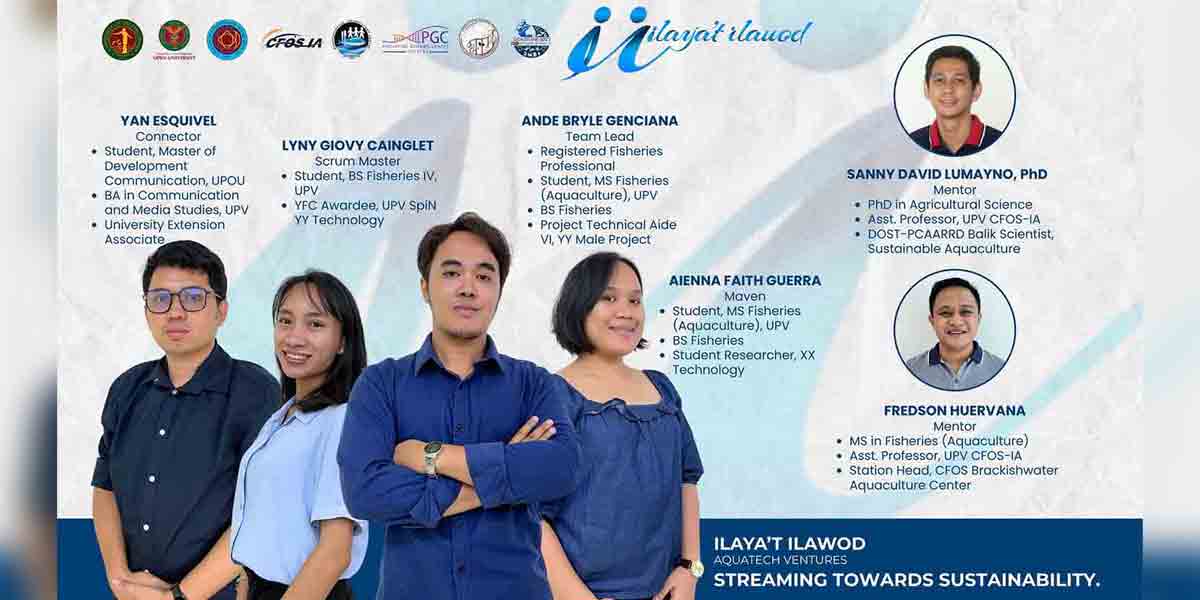By: Al Restar, Zero Day
 Last month, news broke out that the new Department of Information and Communication Technology Secretary Gregorio Honasan has finally embraced technology and started using a smartphone. Yes, the man leading the country’s information and communication regulatory body is a smartphone newbie.
Last month, news broke out that the new Department of Information and Communication Technology Secretary Gregorio Honasan has finally embraced technology and started using a smartphone. Yes, the man leading the country’s information and communication regulatory body is a smartphone newbie.
Honasan laughed about having a “Jurrasic” Nokia 3210 smartphone. He laughs about the fact that he is leading the country’s IT department, and has never owned a smartphone in his life. It’s truly laughable, but it mostly troublesome.
This begs so many questions on how can people expect an IT chief to run the country’s information and communication infrastructure if he himself refused to embrace technology in his own communication needs; when something as basic as a smartphone feels alien to him. Of course, we don’t expect much from him; why would we?
The problem with this kind of appointment goes beyond his lack of smartphone experience. The head of the DICT is expected to police telecom providers; he is expected to head a national response when the country’s IT infrastructure is compromised; he is expected to do something about the growing number of cybersecurity attacks against Filipino systems; he is expected to regulate consumer tech. But can he? What does he know about all of these things when he does not even know how to use a smartphone?

Sure, there is a team behind him to help him with his tasks and probably a group of lawyers and experts to guide him in formulating policies on his behalf. But if that’s the case, why is Honasan even there? What contribution can he make? Why are we paying Honasan taxpayers’ money while we also pay other people to do his job for him?
More than Honasan being a futile investment in the DICT, his stay in the office is also detrimental to the tech industry of the country. As the Secretary, he has a say on policies that can affect the communication and info tech – how telecoms charge their customers, how internet service providers would limit internet use, how telecoms apply their fair-use policy, and the future of net neutrality, for example. I bet that he doesn’t even know what the principle of net neutrality is.
Right now, the Philippines is in the dark when it comes to information and communication technology. The country ranks 55th out of 80 countries in the National Information and Technology Index, which means that our country is in the bottom half of the list when it comes to IT readiness.
Similarly, the Philippines also ranked 5th in the most cybersecurity attacks recorded in the second quarter of 2019. Millions of Filipinos comprising 39.7% of all the internet users in the country have been targeted by a form of cyberattack in the last three months alone.
These problems need sensible resolutions. However, with a DICT Secretary who doesn’t even know how to use a smartphone, it appears like these issues will not be solved anytime soon.
What I don’t understand is the fact that the government appoints underqualified people to a position when even the smallest of businesses make sure that they hire the right people to help them.
What the government seems to overlook when they make appointments like Gringo Honasan’s is that there are other people out there who are more qualified to do the job. It’s a slap in the face of Filipino IT experts and communication academics that they are earning meager income from their IT jobs while a person who never had a smartphone in his life will soon be making decisions regarding the future of their industry.
It is emblematic of the system that favors cronyism over merits – a culture that Filipinos are well known. In the end, as we continue putting people in power where they don’t know what they are doing, only the Filipino people will suffer.
But who knows, he might be a good DICT secretary after all; let time be the judge.
























